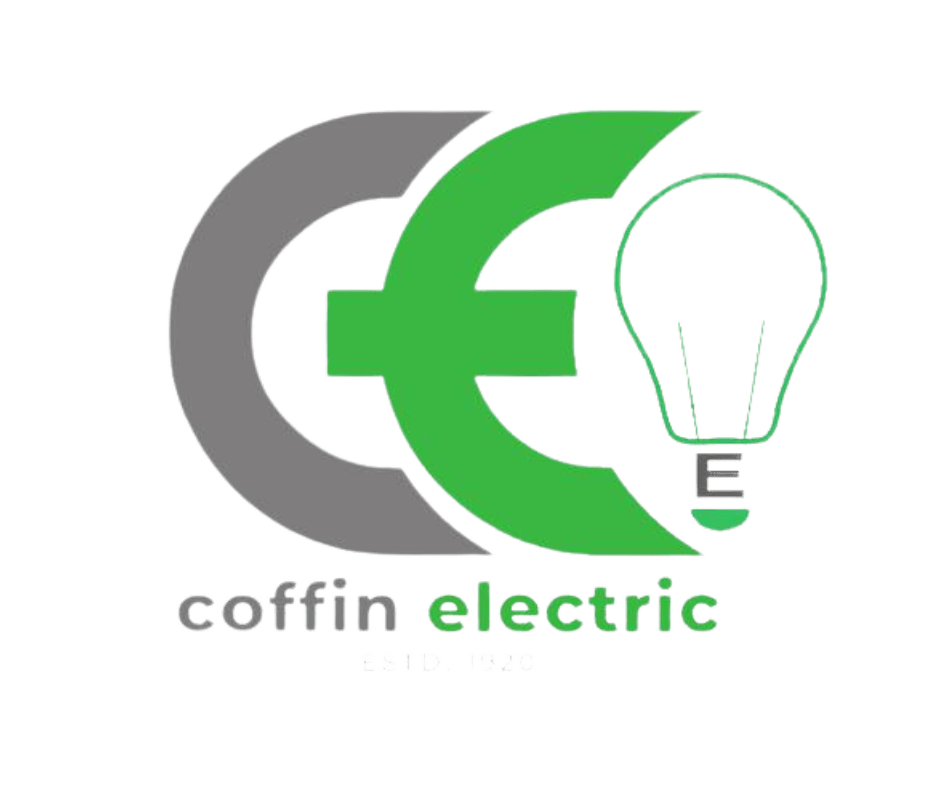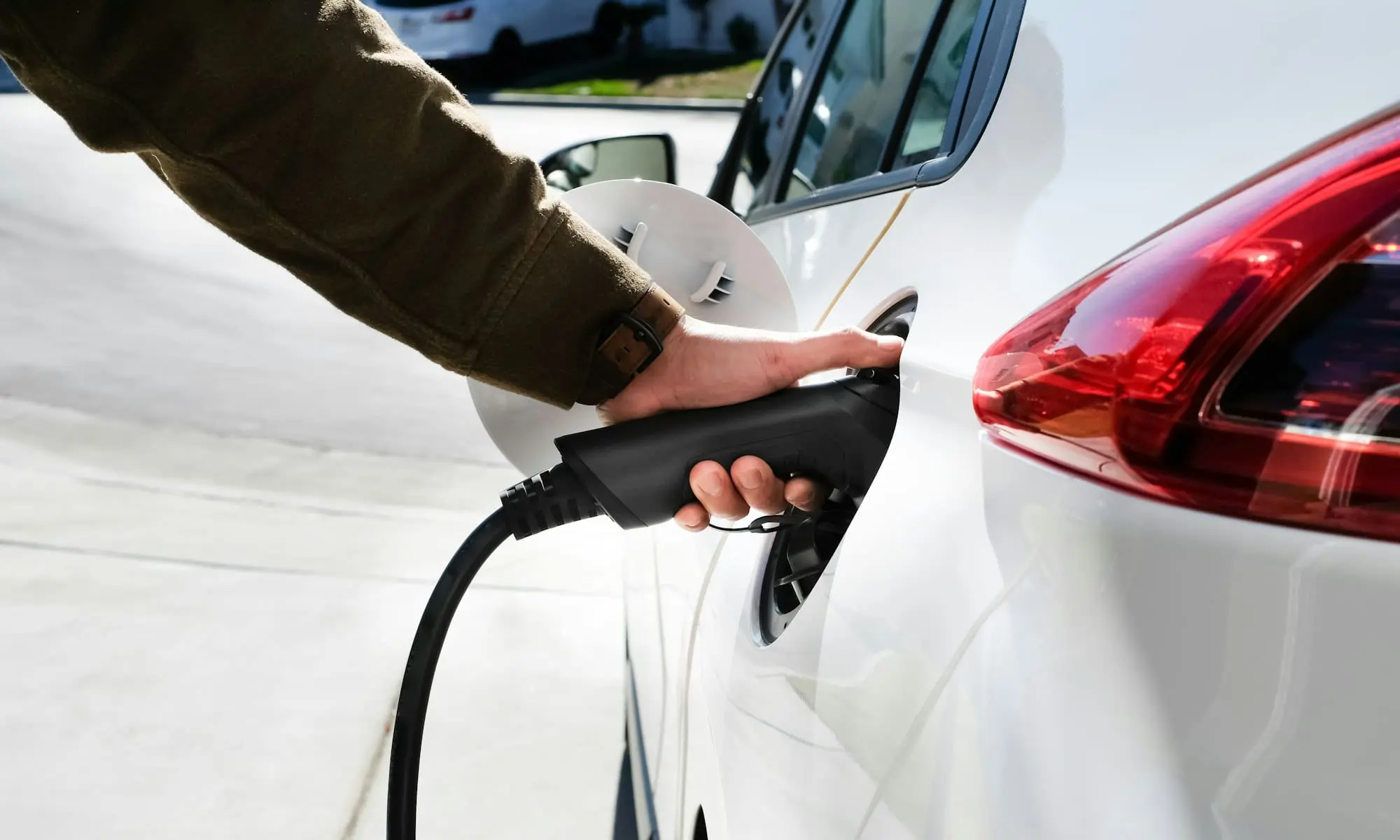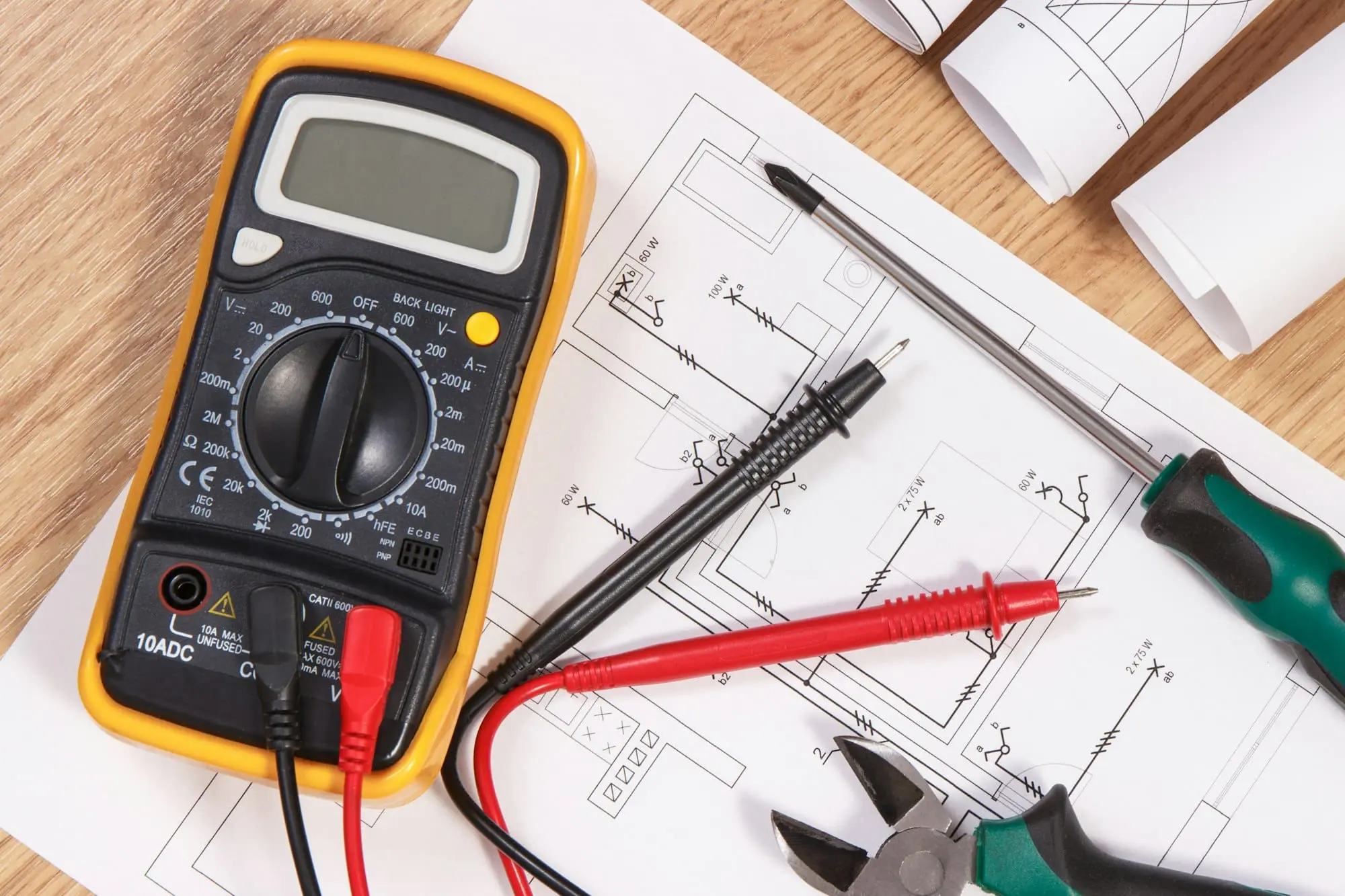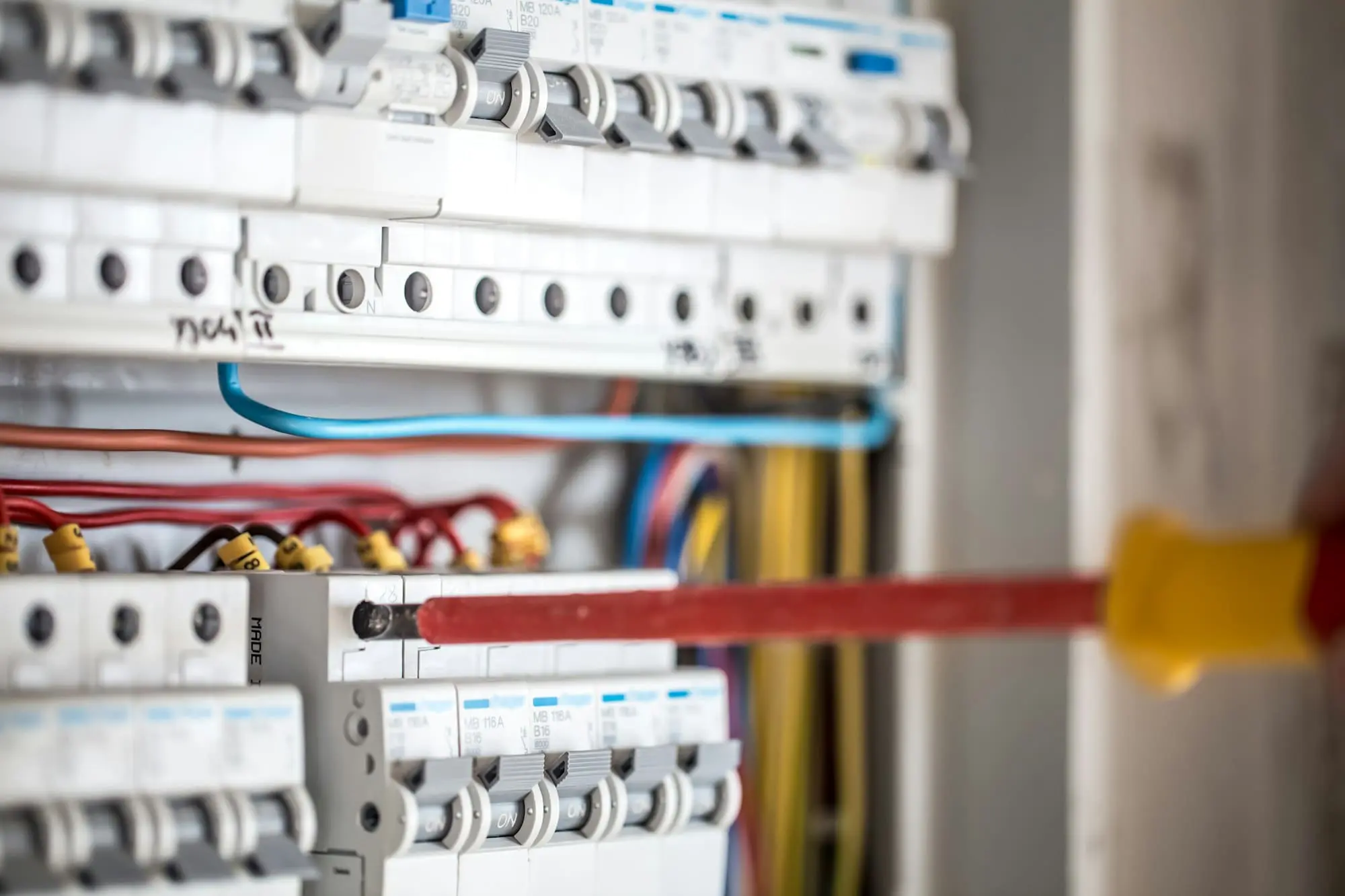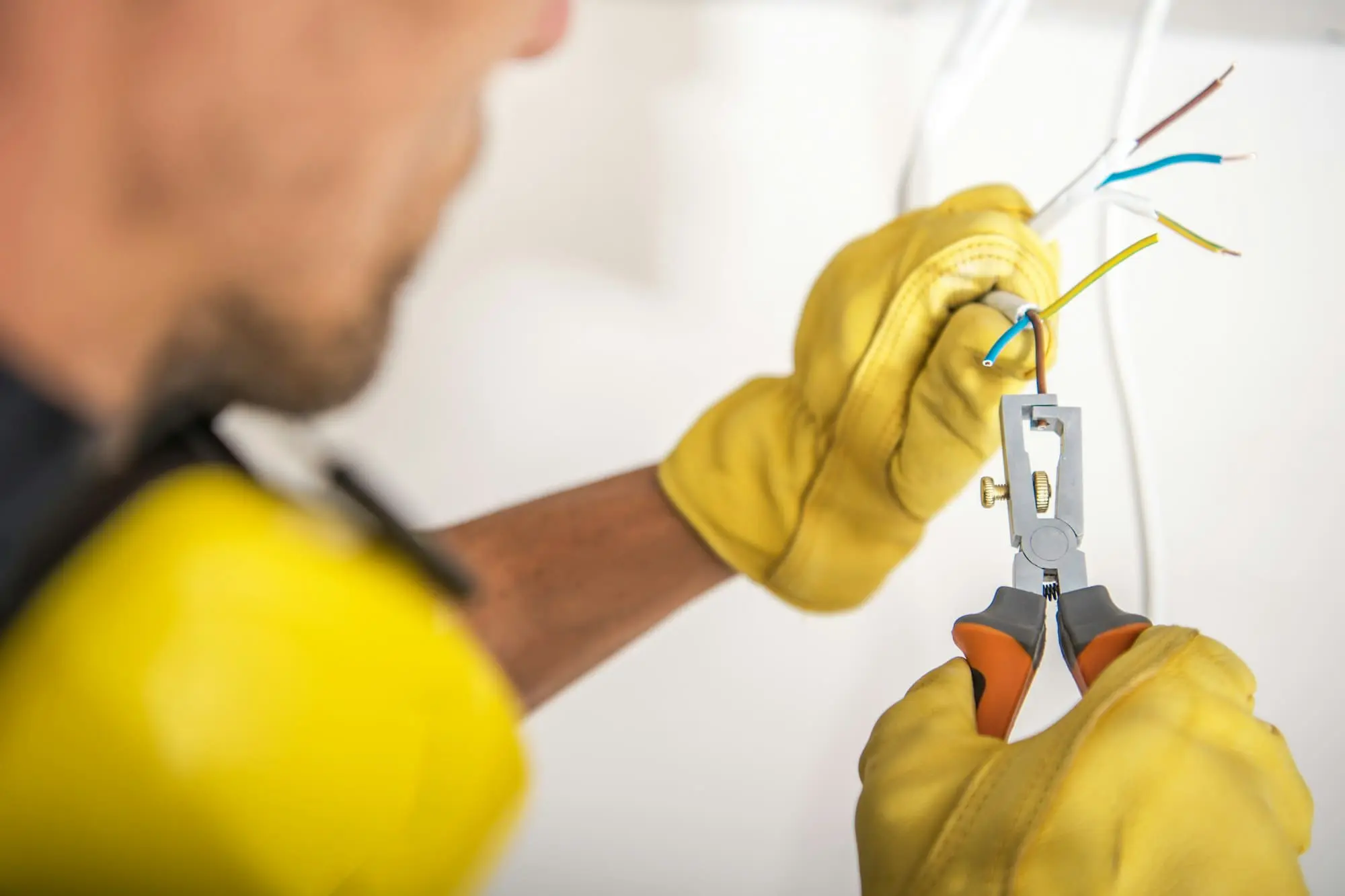Everything You Need to Know About EV Chargers for Electric Vehicles
What are the Different Types of EV Chargers Available?
Electric vehicle (EV) owners have a variety of options when it comes to charging their vehicles. One popular choice is home charging, which allows you to charge your electric car conveniently at home using a home charger or home charging station. There are different types of chargers available for EVs, including level 1 chargers and level 2 chargers that require a charging cord to charge your vehicle. For faster charging, there are also public charging stations where you can charge your electric car while out and about. It’s essential for EV owners to understand the charging infrastructure in their area and the cost of charging to make informed decisions about ev ownership.
For plug-in electric vehicles like the Tesla Model, there may be additional options and incentives available for charging at home. Hiring an electrician to install charging equipment can help you to charge your electric vehicle at home safely and efficiently. The charging speed and capabilities of your home charging setup can vary, so it’s important to choose the best home EV charging solution for your needs. Whether you have a plug-in hybrid or a full electric car, knowing how to charge your EV effectively can make a big difference in your charging sessions.
Understanding Level 1 Chargers
When it comes to charging an EV at home, Level 1 charging is the most basic form of vehicle charging available. This type of charging uses a 110-volt charging port, which is typically the standard outlet found in every single-family home. Car and Driver explains that while Level 1 charging is slow, it can still fully charge an EV overnight. For ev drivers looking to charge my EV at home, all they need to know about charging is that they will likely need to purchase and install ev charging equipment like the ChargePoint Home Flex or Tesla charging home charging unit.
For those considering at-home charging, it’s important to understand that the electric service and electricity rates of your home will impact the cost of charging your electric car. Many electric vehicles also come equipped with smart EV charging technology, which can help ev drivers optimize their car’s charging based on electricity rates and load management.
While Level 1 chargers are convenient for charging your car at home, they are not as efficient as commercial EV charging options like DC fast charging. Car and Driver recommends Level 1 chargers for ev drivers charge my EV at home and have the time to fully charge their ev overnight. It’s also worth noting that while most electric car charging at home is done using a Level 1 charger, some electric vehicle owners may benefit from installing a Level 2 charger for faster charging times.
Benefits of Level 2 Charging Stations
One of the main benefits of Level 2 charging stations is their faster charging rate compared to Level 1 charging. This means you can get a full charge on your EV batteries in a shorter amount of time, making it more convenient for your daily usage. Additionally, having a Level 2 charging station at home or an apartment allows you to schedule charging during off-peak hours, potentially saving on your electric bill. Another advantage is that Level 2 charging stations use a charging standard that is compatible with every EV, making it a versatile option for any new EV owner. Finally, Level 2 charging stations often come with portable charging equipment, allowing you to plug in wherever you go, whether it’s at home, work, or on the road.
Exploring Fast Charging Options
Exploring Fast Charging Options: When it comes to ensuring your electric vehicle is always ready to go, it’s important to consider the available electric vehicle infrastructure for fast charging. With advancements in technology, there are now 3 charging options to choose from: Level 1, Level 2, and DC fast charging. Each option offers varying speeds and compatibility with different vehicles, so it’s essential to understand your car’s charging capability to make the best choice. Additionally, if you’re looking to install a fast charger at home, you may need to upgrade your electrical system, including potentially installing an electric dryer outlet for faster charging times. By exploring these various options, you can ensure your electric vehicle is always powered up and ready for your next adventure.
How to Choose the Best EV Charger for Your Electric Vehicle?
When choosing the best EV charger for your electric vehicle, there are a few important factors to consider. Firstly, you’ll need to determine the level of charging you require. Level 1 chargers are the slowest but most affordable option, while level 2 chargers are faster and more convenient for daily use. If you have a long commute or frequently travel long distances, you may want to consider a level 3 charger, also known as a DC fast charger, which can provide a quick charge when you’re on the go.
Next, you’ll need to think about the power output of the charger. Higher power output chargers can charge your EV faster, but they may also be more expensive to install. It’s important to check if your electric vehicle is compatible with the charger you’re considering, as some EVs may require a specific type of charger or connector.
Finally, consider the brand and reliability of the charger. Look for chargers from reputable manufacturers with good customer reviews and warranties. It’s also a good idea to consider the design and size of the charger, especially if you have limited space or want a more aesthetically pleasing option for your home or garage.
Factors to Consider When Buying an EV Charger
When purchasing an EV charger, there are several factors to consider to ensure you are getting the right one for your needs. The first consideration is the charging speed, measured in kilowatts. You will need to determine how quickly you want your electric vehicle to charge and choose a charger with the appropriate speed. Another important factor is the connector type, as different vehicles may require different plug types. The portability and installation of the charger should also be taken into account, as some chargers are designed for easy installation at home while others are more suitable for public charging stations. Finally, consider the compatibility with your specific electric vehicle model to ensure that the charger will work effectively with your car.
Features to Look for in an EV Charging Station
When looking for an EV charging station, there are several key features to keep in mind to ensure a smooth and efficient charging experience. One important feature to consider is the charging speed. Look for a station that offers fast charging capabilities to minimize the time spent waiting for your vehicle to recharge. Another crucial factor to consider is the compatibility of the station with your vehicle. Make sure that the charging station is compatible with the plug type and power requirements of your EV. Additionally, consider the accessibility and convenience of the charging station. Look for stations that are located in easily accessible areas with ample parking space and amenities nearby. Lastly, consider the cost and payment options of the charging station. Some stations may offer free charging, while others may require payment through a mobile app or RFID card.
How to Install a Home EV Charger?
Installing a home EV charger can be a great way to make sure your electric vehicle is always charged and ready to go. If you’re considering installing one, there are a few key steps to keep in mind. First, you’ll need to choose the right location for the charger. It should be close to your parking spot for convenience and easily accessible for installation. Next, you’ll need to make sure you have the necessary permits and permissions for the installation. This may involve working with your local government or homeowners association. Once you have the location and permits sorted out, you can go ahead and install the charger. This typically involves mounting the charger on a wall and connecting it to your home’s electrical system. Finally, don’t forget to test the charger to make sure it’s functioning properly before relying on it for regular use.
DIY vs Professional Installation
When it comes to home improvement projects, one of the biggest decisions homeowners face is whether to tackle the project themselves or hire a professional for installation. For some, the allure of saving money and the satisfaction of completing a project on their own is appealing. DIY installation can be a great option for those who are handy and have the time and resources to devote to the project. On the other hand, hiring a professional installation team can ensure that the job is done correctly and efficiently. Professionals have the training and experience to handle complex installations and can often guarantee their work. While DIY projects can be fulfilling, sometimes it is better to leave it to the experts to avoid costly mistakes and ensure the job is done right the first time.
Common Electrical Requirements for EV Charger Installation
Installing an EV charger requires several common electrical requirements to ensure safe and efficient operation. One of the key requirements is having a dedicated circuit with the appropriate voltage and amperage for the charger. Most EV chargers require a 240-volt circuit with a minimum of 40 amps to operate effectively. Additionally, the circuit should be installed with the proper wiring, such as a 6-gauge copper wire, to handle the high voltage and current required for charging an electric vehicle. It is also important to have a reliable ground connection to protect against electrical shocks and ensure the charger functions correctly. Lastly, hiring a licensed electrician to install the charger is highly recommended to ensure that all local building codes and safety regulations are met.
Contact Coffin Electric today to get your new EV charger installed!
